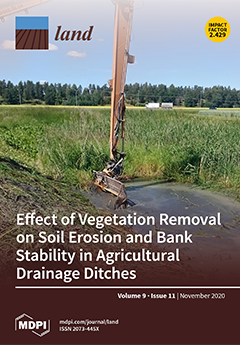An evaluation of multi-stakeholder platforms for scaling land restoration practices in Kilolo and Lushoto districts, Tanzania
This report investigates the functioning and outcomes of the multi-stakeholder platforms established in Tanzania. The study focused on two platforms in Kilolo and Lushoto districts and analyzed their activities to support scaling agricultural innovations. The findings show that the platforms are successful in network building and knowledge dissemination. However, there is a low participation of women and young people.







